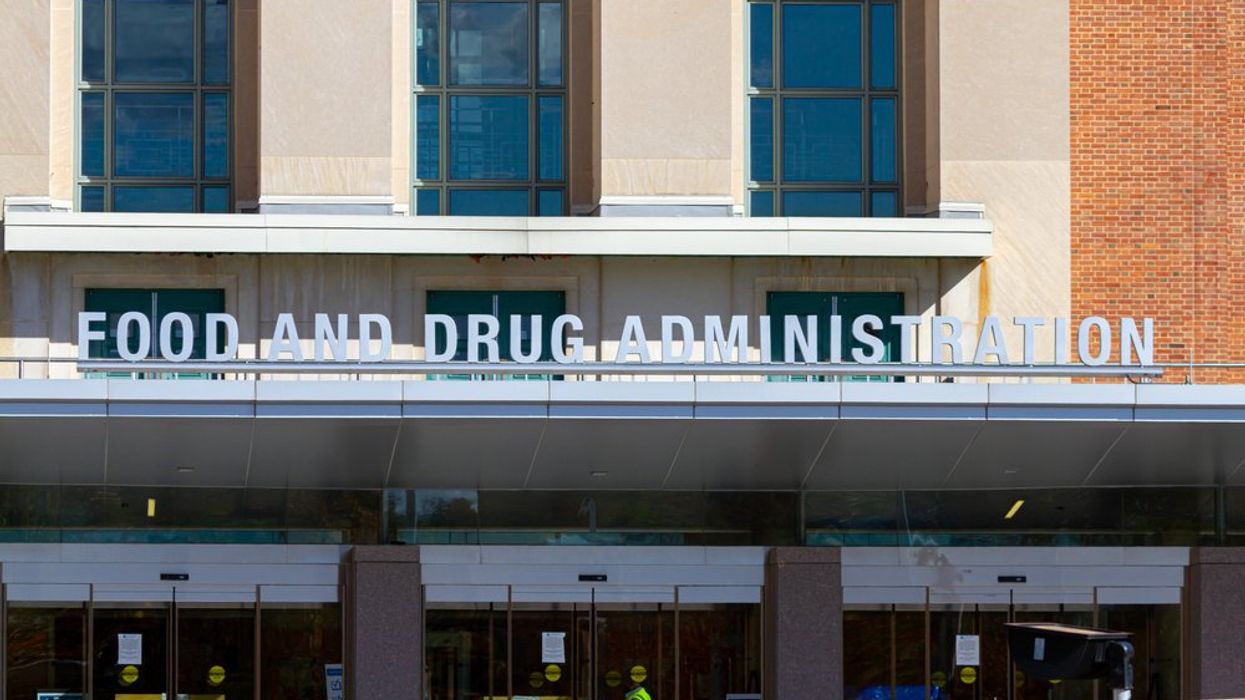Drug that could 'slow down progression' of Alzheimer’s disease approved by FDA: report


A medication that could "slow" the development of Alzheimer's disease was approved by the Food and Drug Administration (FDA) Thursday, NPR reports.
"It's not something that's going to stop the disease or reverse it," Dr . Sanjeev Vaishnavi, Penn Memory Center director of clinical research said. "But it may slow down progression of the disease and may give people more meaningful time with their families."
NBC notes, according to the Alzheimer's Association, "About 6.7 million adults ages 65 and older in the United States" suffer from the disease.
READ MORE: House GOP releases budget that would 'destroy Social Security as we know it'
The drug, named Leqembi, "should be widely covered by the federal Medicare health insurance program, which primarily serves adults age 65 and older," NPR reports, "So more people who are in the early stages of the disease will have access to the drug – and be able to afford it."
NBC reports the drug will go for $26,500 a year, noting:
In June, the Centers for Medicare & Medicaid Services said it planned to provide coverage for Leqembi and other drugs in its class, contingent upon receiving full FDA approval. However, the agency said it will mandate that physicians gather real-world performance data on these medications through a government database. That means that only doctors who are willing to collect this data will be able to prescribe Leqembi.
In addition to the steep price, University of Cincinnati College of Medicine neurologist, Dr. Alberto Espay — who advocated against the drug's approval — insisted, "The odds for brain swelling and hemorrhage are far higher than any actual improvement."
Still, Donna Wilcock, the assistant dean of biomedicine at the University of Kentucky, told NBC, "I don't think we can understate the significance of this moment," adding, "While patients still do decline on the drug, the decline is slowed."
READ MORE: Bernie Sanders vows to oppose Biden nominees until more action is taken to cut drug prices
Wilcock noted, "In real-world terms, this likely means more time for the patient to be living independently, enjoying their hobbies, their friends and having a better quality of life," emphasizing, "Time will tell how much, but the clinical trial did show significant benefit on activities of daily living measures."
READ MORE: Biden is picking up where Obama left off
NPR's full report is available at this link. NBC's report is here.